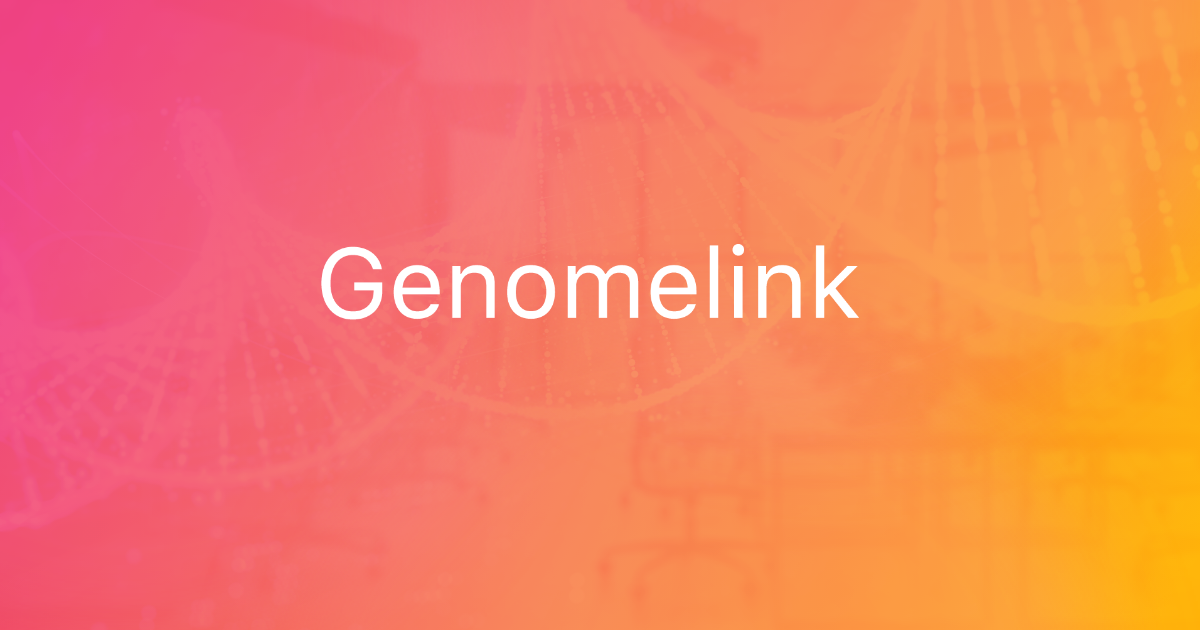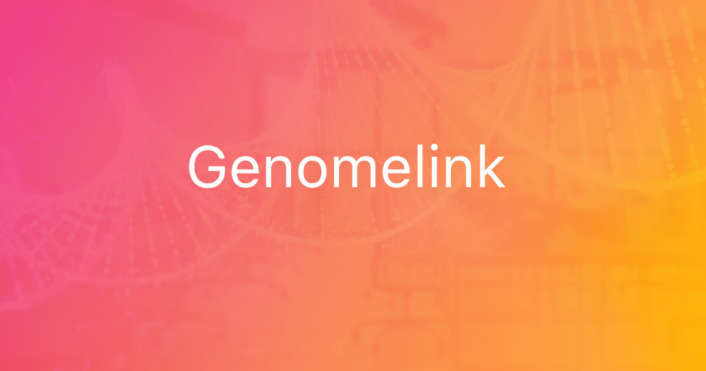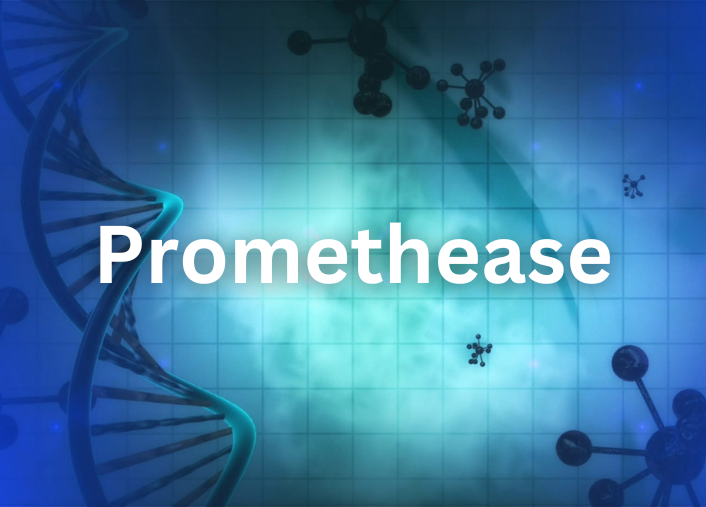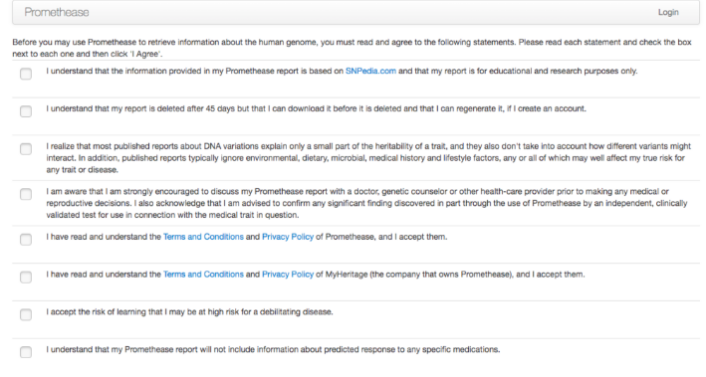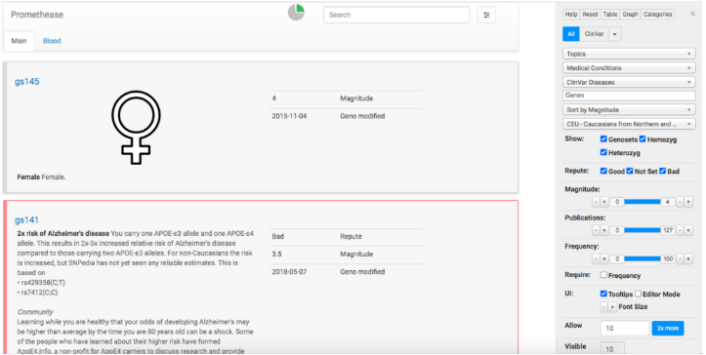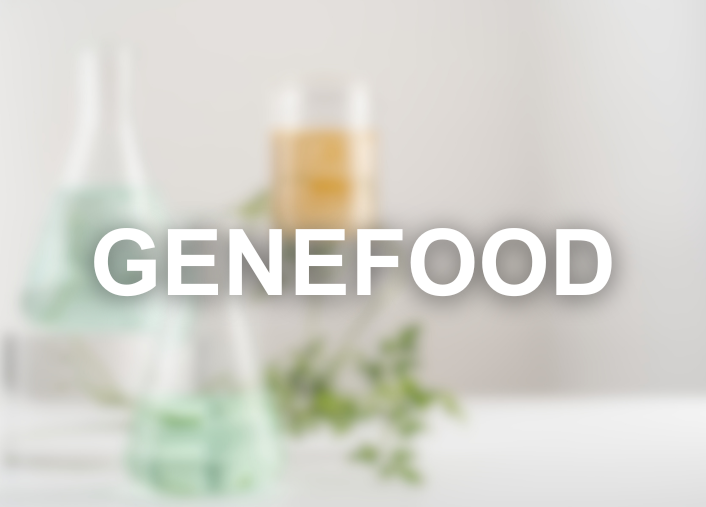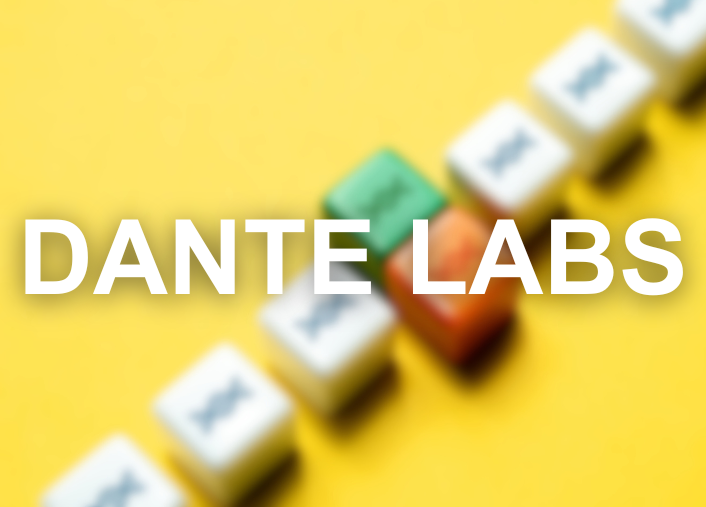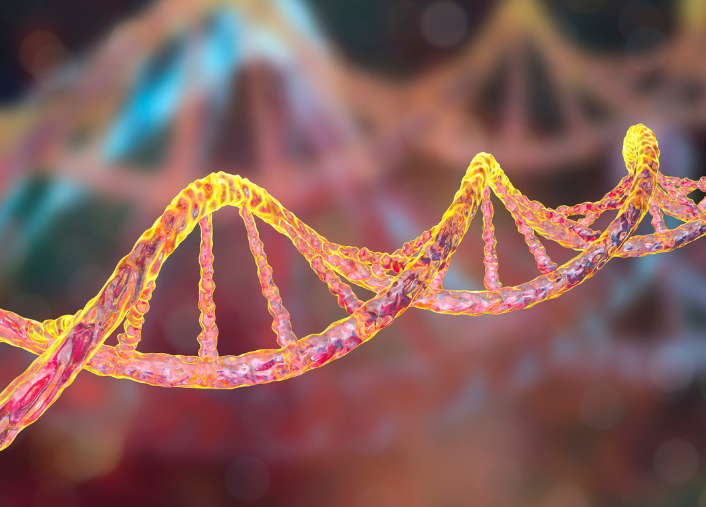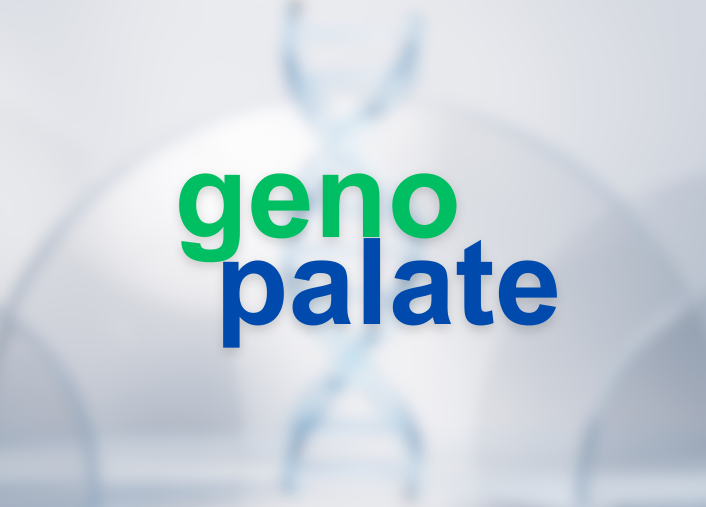Sequencing.com Review: What You Need To Know Before Buying
Aira
on
August 19, 2024
About Sequencing.com
Sequencing.com offers a DNA sequencing service that allows individuals to access and understand their genetic makeup. With more affordable and accessible genetic testing available online, there is an increasing need for secure storage, meaningful interpretation, and privacy of genetic data. Sequencing.com addresses these challenges by providing free and unlimited DNA data storage, enhanced reports, and unique tools that convert complex DNA data into actionable health solutions.
The team behind these innovative services is a multidisciplinary group of U.S. medical doctors, geneticists, bioinformatics specialists, and software developers united by a common goal: to empower individuals to lead healthier, happier, and longer lives through the power of genetic insights.
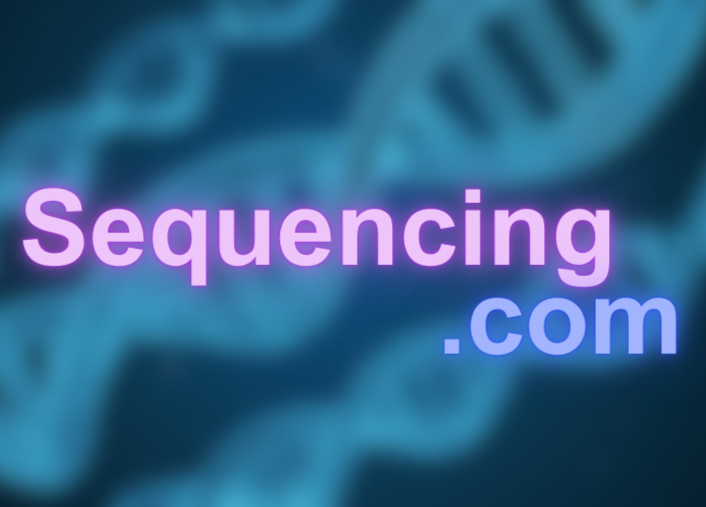
How It Works
The process begins with individuals having their entire genome sequenced either through an at-home kit provided by the company or by uploading existing DNA data from other sources, such as 23andMe or Ancestry. Next, Sequencing.com offers DNA-based guidance through enhanced reports and applications. It furnishes personalized insights on aspects such as health, rare diseases, reactions to medication, nutrition, genealogy, and more.
The company also provides regular updates and ensures that clients continue to learn from and take advantage of new discoveries throughout their lives, keeping pace with the evolution of genetics.
Services
Whole Genome Sequencing
Sequencing.com provides a Whole Genome Sequencing (WGS) service delivering a comprehensive analysis of an individual’s DNA and offering a complete insight into their genetic profile. Unlike traditional DNA tests that sample less than 0.1% of a person’s DNA sequence, Sequencing.com’s WGS service sequences the entire genome, equipping individuals with detailed information to make truly informed decisions about their health.
The company uses the most advanced technology in genetic testing, covering ~30,000 genes and chromosomes end-to-end. This service, which once would have cost $3 billion (the cost of the Human Genome Project), is now made affordable and accessible, with a simple DNA collection process with a quick cheek swab. With the commitment to privacy, Sequencing.com offers a ‘Privacy Forever’ guarantee, ensuring the data is not sold or shared. The service includes features like the Wellness and Longevity View, Genome Explorer, and full access to raw and analyzed genome data. This service is for anyone seeking a complete picture of their health and for health professionals looking to enhance patient care.
Their WGS service comes in two packages:
- Regular: $599
- Premium (expedited service): $1999
Bundles
WGS + Wellness Screen for $599 includes:
- Whole Genome Sequencing
- One Month PLUS Genome Plan
- Wellness and Longevity Report
Ehlers-Danlos Screen for $599 includes:
- Whole Genome Sequencing
- One Month PREMIUM Genome Plan
- Next-Gen Disease Screen (Comprehensive EDS)
Rare Disease Screen for $629 includes:
- Whole Genome Sequencing
- One Month PREMIUM Genome Plan
- Next-Gen Disease Screen (Comprehensive EDS)
- Wellness & Longevity Report
Women’s Health Disease Screen for $649 includes:
- Whole Genome Sequencing
- One Month PREMIUM Genome Plan
- Four reports: Next-Gen Disease Screen (Comprehensive EDS), Prevent Breast Cancer Report, Melanoma Skin Cancer Report, and Healthcare Professional Report.
Comprehensive Health Screen for $699 includes:
- Whole Genome Sequencing
- One Month PREMIUM Genome Plan
- Five reports: Healthcare Professional Report, Next-Gen Disease Screen (Comprehensive EDS), Wellness & Longevity Report, Prevent Breast Cancer Report, Melanoma Skin Cancer Report
Expedited Bundles
The Expedited Sequencing Bundles utilize a unique DNA collection kit and a special laboratory for faster processing, and they include all reports listed in the Comprehensive Health Screen and more.
4 Week Turnaround – Expedited
- Price: $1399
- Whole Genome Sequencing with One Month PREMIUM Genome Plan
- Includes five reports: Healthcare Professional Report, Next-Gen Disease Screen (including Comprehensive EDS), Wellness & Longevity Report, Prevent Breast Cancer Report, and Melanoma Skin Cancer Report.
2-3 Week Turnaround – Premium Expedited
- Price: $1999
- Whole Genome Sequencing with Three Months PREMIUM Genome Plan
- Includes six reports: Healthcare Professional Report, Next-Gen Disease Screen + EDS, Wellness & Longevity Report, Prevent Breast Cancer Report, Melanoma Skin Cancer Report, and Medication & Drug Response Report.
Sequencing.com Marketplace
Sequencing.com marketplace offers access to around 150 apps and reports developed by certified companies and scientists worldwide. Here is a partial list of their services. For a full and updated list, check here.
Health
Inflammation DNA Wellness Report
Developed by SelfDecode
Price: $49
Medication & Drug Response
Developed by Complete Genome Science
Price: $59
Wellness and Longevity
Developed by App MD
Price: $120
Mood DNA Wellness Report
Developed by SelfDecode
Price: $39
Healthcare Pro
Developed by App MD
Price: $140
Vitamins DNA Wellness Report
Developed by SelfDecode
Price: $39
Prevent Breast Cancer
Developed by App MD
Price: $19
Cognitive Function Genetic Test Report
Developed by SelfDecode
Price: $59
Thyroid Genetic Test Report
Developed by SelfDecode
Price: $59
MTHFR DNA Wellness Report
Developed by SelfDecode
Price: $29
Empower
Developed by Toolbox Genomics
Price: $59
Melanoma Skin Cancer Prevention
Developed by App MD
Price: $9.99
Athletic Performance
Developed by App MD
Price: Free
Enhanced Longevity
Developed by SelfDecode
Price: $59
APOE4 Test | Brain Health Genetic Analysis
Developed by SelfDecode
Price: $39
Ancestry
DNA Ancestry and Genealogy Report
Developed by Eone-Diagnomics Genome Center
Price: $10.99
Map My Genes
Developed by Genealogy Researchers
Price: $19.99
Map My Genes Archaeology Edition
Developed by Genealogy Researchers
Price: $19.99
Genetic Ancestry with Haplogroups
Developed by Complete Genome Science
Price: $59
Santa and Me | Compare Your DNA to St. Nick
Developed by Sequencing.com
Price: Free
DNA Selfie | Appearance Predictor
Developed by Sequencing.com
Price: $4.99
Am I An Einstein
Developed by Complete Genome Science
Price: Free
Genetic Genealogy Explorer
Developed by Genealogy Science
Price: Free
Relative Matching | DNA Family Finder
Developed by Sequencing.com
Price: Free
Am I Related? Relatedness Calculator
Developed by Genealogy Science
Price: $9.99
Ancient Ancestry DNA and Me
Developed by Genealogy Science
Price: Free
Y Calculator + Haplogroups
Developed by Genealogy Science
Price: Free
Mitochondrial MT Calculator + PhyloTree
Developed by Genealogy Science
Price: $9.99
Nutrition
Healthy Nutrition
Developed by GeneInformed
Price: $39
DNA Diet
Developed by GeneInformed
Price: $59
Nutrigenomics: Nutrition Analysis
Developed by Complete Genome Science
Price: $29
Nourish
Developed by Toolbox Genomics
Price: $59
Essential Minerals Report
Developed by SelfDecode
Price: $39
Vitamins DNA Wellness Report
Developed by SelfDecode
Price: $39
Nutrition
Developed by Silverberry Genomix
Price: $99
Weight Loss
Developed by Silverberry Genomix
Price: $139
Lactose Intolerance
Developed by GeneX
Price: Free
Free Blood Type Analysis
Developed by Complete Genome Science
Price: Free
Empower
Developed by Toolbox Genomics
Price: $59
TBG Total Wellness
Developed by Toolbox Genomics
Price: $119
Genetic Counseling
Developed by DNAVisit
Price: $12
The Sequencing.com Education Center
Sequencing.com offers a unique opportunity for individuals to unlock the vast potential of their DNA. Through their Education Center, they provide many content resources, expertly written and curated, to guide users through the fascinating realm of DNA, genomics, ancestry, and precision medicine.
This platform empowers people to explore how their DNA data can be utilized, enabling them to make more informed decisions for themselves and their families. As genetic research advances rapidly, Sequencing.com’s Education Center ensures that these groundbreaking developments are accessible to their users, keeping them informed and engaged with the latest in the field.
Privacy
Sequencing.com has a strong emphasis on data privacy and ownership. It assures its users that their DNA and other personal data will not be sold to third parties. As a privately held entity, a team comprising physicians and geneticists manages Sequencing.com.
The company is independent, not affiliated with or owned by large tech corporations, pharmaceutical entities, law enforcement organizations, or government agencies. This independence ensures that users’ data, including DNA information, is accessible exclusively to the individual user.
Sequencing.com meets the stringent requirements of the Health Insurance Portability and Accountability Act (HIPAA). Additionally, it adheres to the US-EU-Swiss Privacy Shield framework, reflecting its commitment to maintaining high privacy standards across different jurisdictions.
The company equates its privacy standards to those in the medical field, where patient confidentiality is paramount. They follow similarly rigorous standards, underlining a fundamental belief in safeguarding user privacy and security.
From a technical standpoint, Sequencing.com ensures robust protection of user data. They employ military-grade security measures, including AES-256 bit encryption, and store data in highly secure data centers in the United States and Europe, catering specifically to EU customers. These measures are part of their best-in-class security protocols.
Users have secure access to their DNA data and reports, which they can download. Furthermore, Sequencing.com allows users to permanently delete their data, including DNA information, anytime. The platform also facilitates securely sharing DNA data and reports with family, friends, and healthcare providers.
Do You Need To Get Your Genome Sequenced?
The relevance and utility of WGS depend on specific personal, medical, and research contexts. Here’s a breakdown to better understand when WGS is a necessity and when it’s not:
When WGS Might Be Necessary
Diagnosing Complex Genetic Conditions
In cases where patients present with complex, undiagnosed symptoms that suggest a genetic origin, WGS can be essential for identifying rare genetic disorders.
Cancer Treatment and Research
For certain types of cancer, WGS can provide crucial insights into the genetic mutations driving the cancer, which can guide targeted therapy decisions.
Pharmacogenetics
When understanding an individual’s genetic makeup can significantly influence the choice and dosage of medications, WGS can be necessary to prevent adverse drug reactions or ensure efficacy.
Rare Disease Research
In the context of research, particularly for rare diseases, WGS is often necessary to understand the genetic underpinnings of these conditions.
When WGS Is Not Necessarily Required
Routine Medical Care
For standard medical care and check-ups, WGS is not a routine necessity. Most common conditions and diseases are diagnosed and treated without needing WGS.
General Health Information
Less comprehensive or targeted genetic testing might be sufficient for individuals seeking general health information or minor genetic insights (like trait analysis).
Ancestry and Genealogy
Specific ancestry-focused genetic tests, less comprehensive and costly than WGS, are usually adequate for those interested in ancestry and family history.
Alternative To Sequencing.Com: Why LifeDNA?
LifeDNA has emerged as a prominent option for analyzing 23andMe and many other raw data sources, owing to a combination of unique offerings and a commitment to personalized wellness.
We offer a basic DNA raw data analysis package to kickstart your journey. Users with raw data from 23andMe, AncestryDNA, etc., can access 120+ traits across interests such as Nutrition, Wellness, Vitamins and Supplements, Personality, Fitness, Sleep, Methylation, and Skincare.
Further, if you do not have raw DNA data, such as from 23andMe, LifeDNA provides that too. Start your personalized wellness journey with LifeDNA’s state-of-the-art DNA kits here.
Here is why many regard LifeDNA as the best option for making the most of your 23andMe, AncestryDNA, and other raw data:
- Holistic Approach to Wellness: Unlike many other platforms that focus strictly on health-related risks or ancestry, LifeDNA adopts a holistic approach. We analyze genetic data to offer personalized optimizations for nutrition (including a customized grocery list!), skin care, vitamins & supplements, wellness, personality & cognition, and fitness. This range lets users get a complete picture of their wellness needs based on their DNA.
- Product Recommendations: We go beyond just providing insights. We offer specific product recommendations, skincare ingredients, or supplements tailored to an individual’s genetic profile. It makes our service actionable, allowing users to make immediate changes based on their results.
- Data Security: At LifeDNA, we place a high emphasis on protecting user data. Our commitment to privacy ensures that users can trust the platform with their sensitive genetic information.
- User-Friendly Reports: LifeDNA reports are easy to interpret. Our reports are designed to be accessible to the layperson without compromising on the depth of the information.
- Continual Updates: As genetic research evolves, so does LifeDNA’s platform. Users can expect their reports and insights to be updated with the latest scientific findings.
- Dedicated Research and Development: At LifeDNA, we invest in research to continually refine our algorithms, ensuring that the insights provided are based on cutting-edge science.
- Educational Resources: LifeDNA also provides ample resources for users to understand their genetic makeup better. This education-first approach demystifies the complex world of genetics, making it approachable and actionable for everyone.
- Scientific rigor: To create an unmatched commitment to scientific rigor, LifeDNA partners with CLIA-certified, CAP-accredited, and HIPAA-compliant laboratories.
*Understanding your genetics can offer valuable insights into your well-being, but it is not deterministic. Your traits can be influenced by the complex interplay involving nature, lifestyle, family history, and others.
Our reports have not been evaluated by the Food and Drug Administration. The contents on our website and our reports are for informational purposes only, and are not intended to diagnose any medical condition, replace the advice of a healthcare professional, or provide any medical advice, diagnosis, or treatment. Consult with a healthcare professional before making any major lifestyle changes or if you have any other concerns about your results. The testimonials featured may have used more than one LifeDNA or LifeDNA vendors’ product or reports.

